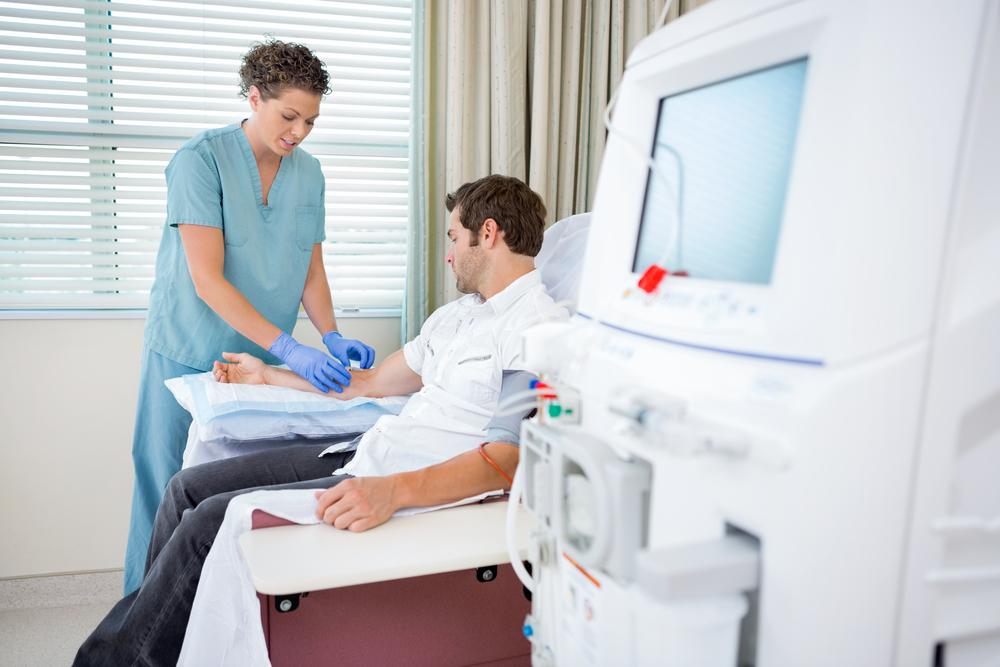Recognizing the Key Indicators and Symptoms of Kidney Cancer
Learn about the signs and symptoms of kidney cancer, including common indicators like blood in urine, pain, and unexplained weight loss. Early diagnosis can significantly improve treatment outcomes. Stay informed to recognize potential warning signs and seek medical attention promptly.

The kidneys are a pair of bean-shaped organs situated in the upper abdomen, positioned against the back muscles on either side of the spine. Their primary role is to filter out excess fluids and waste products from the body via urine. Additionally, they help regulate red blood cell production and maintain blood pressure. Kidney pain, often felt in the back beneath the ribs, can signal underlying issues, including kidney cancer. Common symptoms include persistent or sporadic pain, fever, blood in urine, nausea, and fatigue.
Pain can be localized on one or both sides and may radiate to the abdomen or groin, depending on the underlying cause. Kidney cancer, also known as renal carcinoma, occurs when abnormal cells in the kidney grow uncontrollably, forming a malignant tumor. This disease commonly affects those with obesity, a history of smoking, high blood pressure, or older adults. It develops in renal structures such as the tubules and pelvis, progressing through four stages—ranging from tumor limited to the kidney to spread beyond, affecting nearby tissues and lymph nodes. Early signs are often absent, but noticeable symptoms include blood in urine, a palpable lump, unexplained weight loss, fever, fatigue, persistent pain, high blood pressure, and anemia. Diagnosis involves blood and urine tests, ultrasound scans, and biopsies. Early detection is vital for effective treatment, so any persistent kidney discomfort warrants medical evaluation.
Note: The information here aims to increase awareness but should not replace professional medical advice. If you experience any symptoms, consult a healthcare provider promptly for proper diagnosis and treatment.










